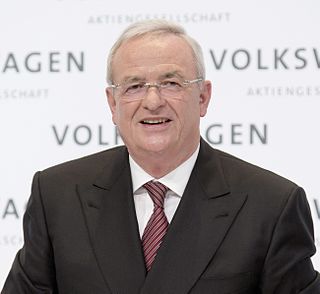A Quote by Maurice Strong
Also, it is interesting that developing countries, with China and India perhaps in the lead, where the future of the global environment will be decided are now on board with the case for sustainable development.
Related Quotes
In terms of building consumer products, the U.S. and China are ahead of India. The interesting opportunity for India is whenever there is a disruption in technology, it gives every country a chance to leapfrog and take a lead. To take an example, China is leaping ahead in growing the China electric vehicle ecosystem.
A decade ago, critics suggested biotech crops would not be valuable in the developing world. Now 90 percent of farmers who benefit are resource-poor farmers in developing countries. These helped alleviate 7.7 million subsistence farmers in China, India, South Africa, the Philippines from abject poverty.
India does not need to become anything else. India must become only India. This is a country that once upon a time was called 'the golden bird'. We have fallen from where we were before. But now we have the chance to rise again. If you see the details of the last five or ten centuries, you will see that India and China have grown at similar paces. Their contributions to global GDP have risen in parallel, and fallen in parallel. Today's era once again belongs to Asia. India and China are both growing rapidly, together. That is why India needs to remain India.
I am against portraying China as the demon of the global community. China has grasped more quickly than other countries what globalization means and what it demands. The country has learned how to use other people's innovations for itself. India, incidentally, is not far behind China in this respect. Both are not nations in the European sense, but rather cultural communities with enormous markets. The challenge of the future is to work out how to deal with that.
?I believe that it is very difficult in the world of today to continue with G-8 only without taking in account the importance of Brazil, China, India, many in the world economy, because these countries are great consumers, large consumers, and we're also becoming great producers, and also because we were better prepared than the rich countries for the nowadays global crisis.
All new schools...should be models for sustainable development: showing every child in the classroom and the playground how smart building and energy use can help tackle global warming...Sustainable development will not just be a subject in the classroom: it will be in its bricks and mortar and the way the school uses and even generates its own power.
But Australia faces additional regional and global challenges also crucial to our nation's future - climate change, questions of energy and food security, the rise of China and the rise of India. And we need a strong system of global and regional relationships and institutions to underpin stability.
You may know that in India now the Tata car is becoming all the rage; you can buy it for one lakh - $2000 dollars - it's very, very cheap. So India seems to be going the route that China went a few years ago and that developing countries all over the world seem to want to follow, namely, to rely on these personal vehicles, which is just an irrational way of organizing transport.



































